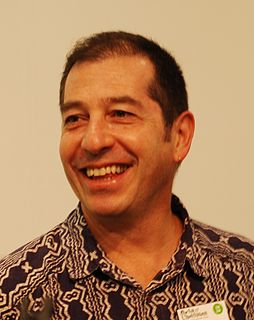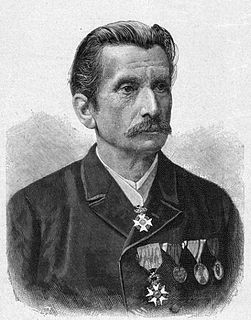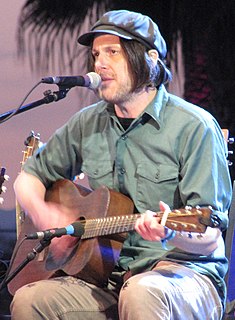A Quote by Jonathan Shapiro
I eventually saw the satirical nature of caricaturing individuals.
Quote Topics
Related Quotes
I think a playful critique is good for all of us, and that's basically how I see satire functioning. But I'm not interested in a kind of contemptuous satirical vision; I try always, even when I'm knowingly being satirical, to also be humane, but I mean, let's face it: there's plenty in American life to make fun of, and we all participate in it.
Turgenev saw human beings as individuals always endowed with consciousness, character, feelings, and moral strengths and weaknesses; Marx saw them always as snowflakes in an avalanche, as instances of general forces, as not yet fully human because utterly conditioned by their circumstances. Where Turgenev saw men, Marx saw classes of men; where Turgenev saw people, Marx saw the People. These two ways of looking at the world persist into our own time and profoundly affect, for better or for worse, the solutions we propose to our social problems.
All the acquisitions or losses wrought by nature on individuals, through the influence of the environment in which their race has long been placed, and hence through the influence of the predominant use or permanent disuse of any organ; all these are preserved by reproduction to the new individuals which arise, provided that the acquired modifications are common to both sexes, or at least to the individuals which produce the young.
I saw sensuality as sacred, indeed the only sacredness, I saw woman and her beauty as divine since her calling is the most important task of existence: the propagation of the species. I saw woman as the personification of nature, as Isis, and man as her priest, her slave; and I pictured her treating him as cruelly as Nature, who, when she no longer needs something that has served her, tosses it away, while her abuses, indeed her killing it, are its lascivious bliss.
Trusting people to be creative and constructive when given more freedom does not imply an overly optimistic belief in the perfectibility of human nature. It is, rather, belief that the inevitable errors and sins of the human condition are far better overcome by individuals working together in an environment of trust and freedom and mutual respect than by individuals working under a multitude of rules, regulations, and restraints imposed upon them by another group of imperfect individuals.
When so many of our dreams had come true and yet I still saw that so many of my friends were in a lot of pain... I saw their pain from a different perspective and realized that I can't just sing my way out of all this suffering. I have to try to understand human nature and myself and the nature of suffering and a lot of these other issues on a deeper level.


































